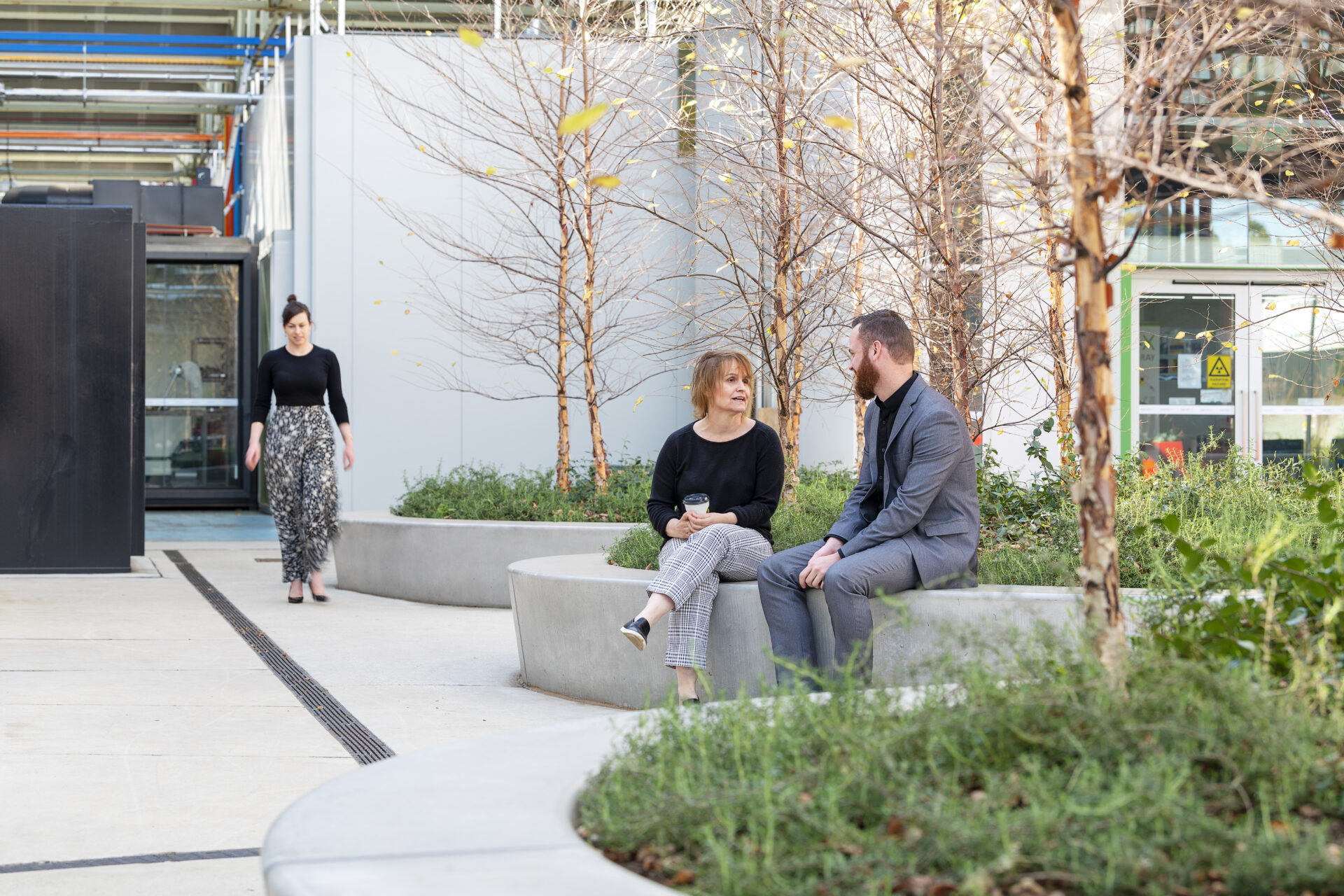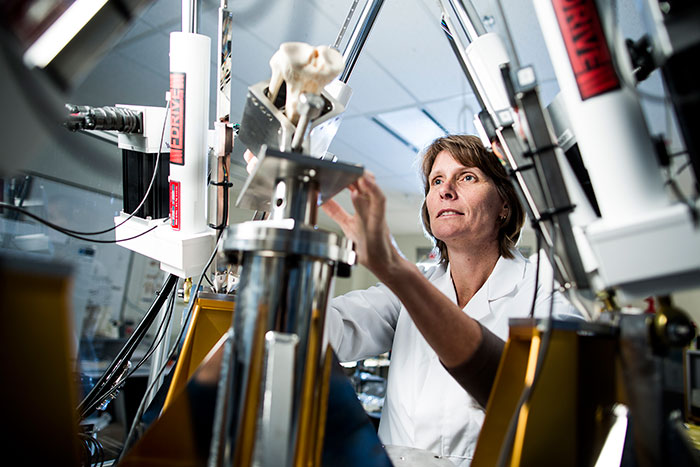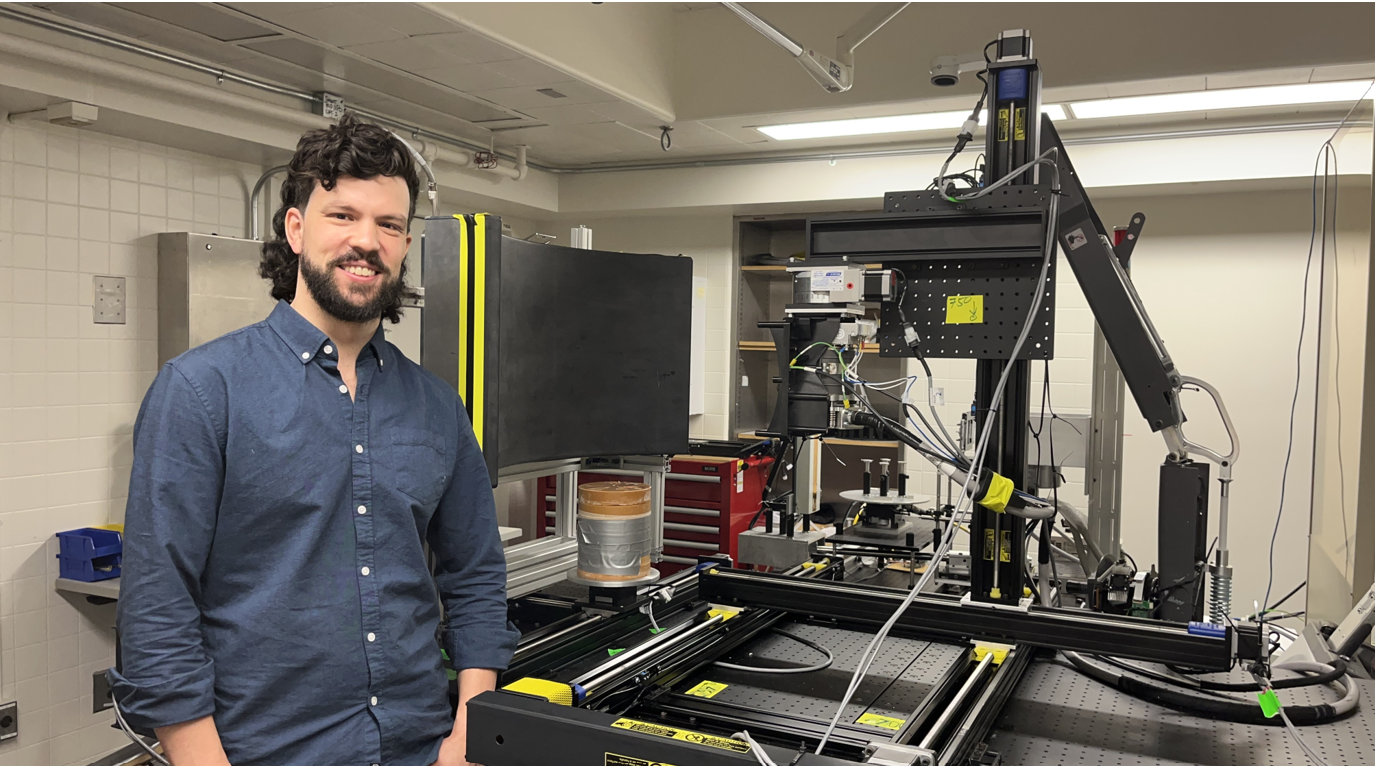Flinders University invests $120m in teaching and research at Tonsley


Flinders University’s Tonsley campus will be the heart of its teaching of computer science, engineering and mathematics and related research, entrepreneurship, commercialisation and business collaborations.
Vice Chancellor, Professor Michael Barber, says Flinders’ commitment of $120 million to Tonsley is the largest single capital outlay since the university was founded almost 50 years ago.
"“Our investment shows our confidence in Tonsley and its potential to be the catalyst for developing the skills and jobs that will shape an innovative and productive economy for South Australia. We share the Government of South Australia’s vision for Tonsley to become the lynchpin of the state’s high-value manufacturing future and look forward to seeing the precinct attract the private and public sector support required to achieve that goal.”"
Flinders University Vice Chancellor, Professor Michael Barber
The state-of-the-art, six-storey, 16,000sqm facility will be the new home of Flinders’ School of Computer Science, Engineering and Mathematics and its community operations. The university’s Medical Device Partnering Program and the Centre for NanoScale Science and Technology are also set to move into the building when it officially opens in January 2015.
The university will also transfer its New Venture Institute – which fosters entrepreneurship and innovation – and Flinders Partners commercialisation arm to Tonsley. The pod will house a heavy-engineering technical services workshop and laboratory facilities for its civil, mechanical and maritime engineering courses and research.
Medical Device Research Institute Director and Professor of Biomedical Engineering Karen Reynolds said Flinders has always worked collaboratively with research partners and industry, with Tonsley providing an ideal environment in which to take this collaboration to the next level.
“Just being in a community with medical device companies, people with interests in manufacturing and service providers who also contribute to developments will create valuable opportunities for us,” Professor Reynolds said.
“This will enable more of our developments going on to commercialisation, which means creation of high-value manufacturing jobs and the latest medical technology available for patients.”
Flinders’ recent medical technology innovations include the Re-Timer glasses that reset the body’s sleep patterns, the Orby controller that enables children with disabilities to play computer games and the Woodville West technology-assisted units for people with disabilities. Other current research is investigating improved knee implants and other prostheses, and simulation for medical training.
Professor Reynolds says that with appropriate support, these developments could become the focus of a globally significant cluster in medical devices and assisted living, serving not just the southern suburbs but all of Adelaide.
The university’s achievements have attracted increased enrolments, and the new building will provide greater teaching capacity for popular courses.
About 2,000 students and 150 staff will be based in the new building, which is scheduled to be fully operational in early 2015.
The co-location of TAFE SA and Flinders University at Tonsley will increase options for students to earn dual vocational and degree qualifications.
Stay up to date with the latest news, developments events and activities at Tonsley Innovation District
